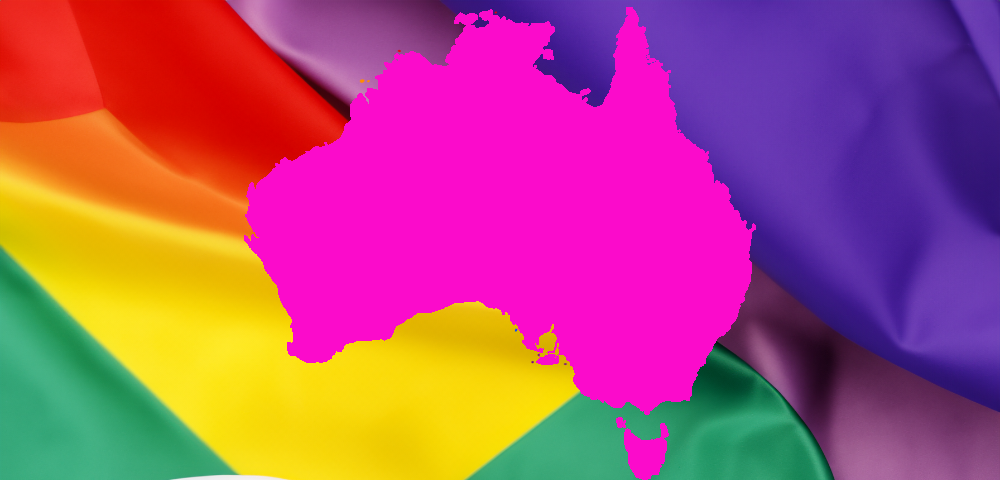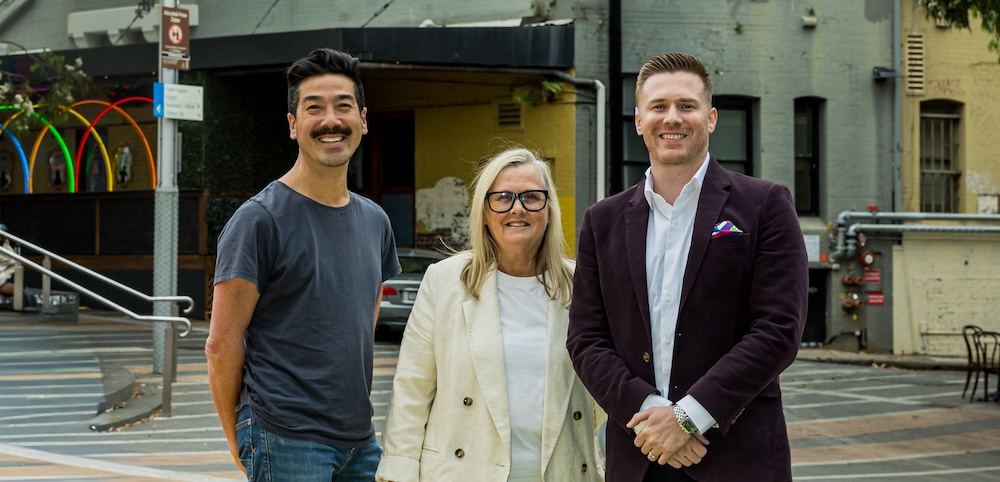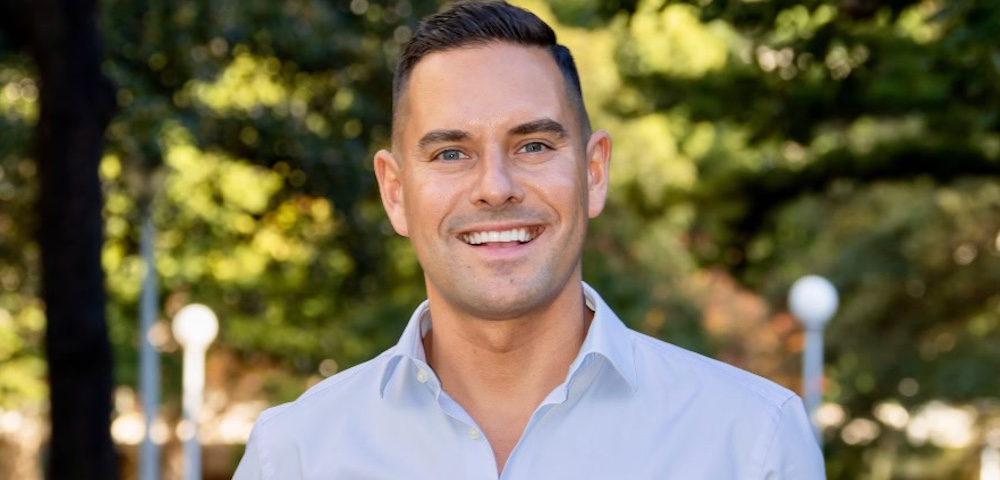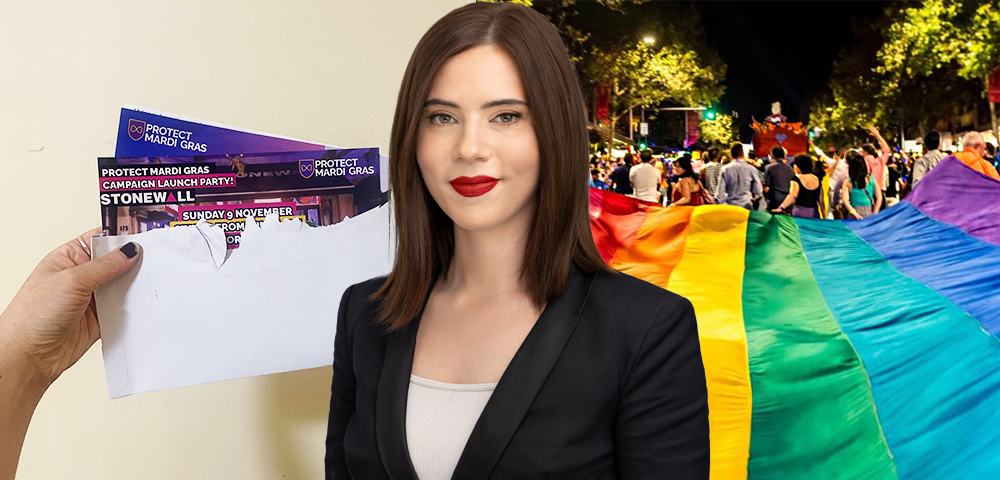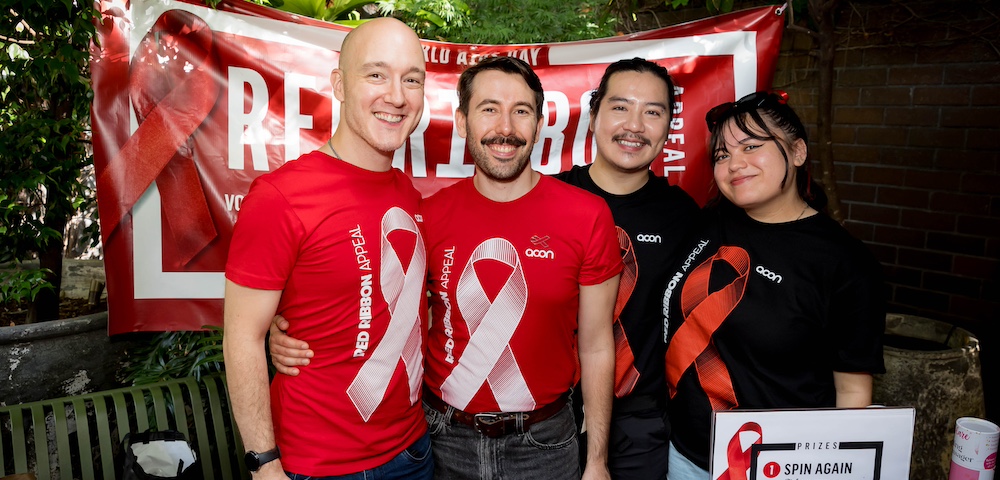
The year in review
Optimists will recall a series of big international gay rights wins and the occasional reform victory at home. But 2005 also brought community infighting, fresh attacks from world leaders and financial blues for the global face of gay Sydney.
Relationship reform -“ or the campaign for it -“ hit the headlines from the earliest months, as activists looked for ways around the federal marriage ban.
By April the campaign for state-based gay marriage was gathering speed, as the Spanish parliament endorsed same-sex unions. The Greens tabled a same-sex marriage bill in Tasmanian parliament in the same month, but plans for gay nuptials there and in other states hit a snag amid doubts about constitutional validity.
The issue faded further after sharp community division over separate but equal state-based reform, and Tasmanian parliament later formally rejected The Greens’ initiative.
By the middle of the year, other countries were setting the standard. New Zealand’s first same-sex civil unions took place in April, and by July Spain and Canada had fully legalised same-sex marriage.
After us will come many other countries, driven, ladies and gentlemen, by two unstoppable forces: freedom and equality, Spanish prime minister Jos?uis Rodr?ez Zapatero predicted.
At home, a coordinated national day of protest in August against the gay marriage ban failed to inspire legislative action.
By November, South Africa looked set to join the same-sex marriage club after its top court ruled in favour of gay weddings, and a Sydney radio newsreader married his partner on air at a celebrity-heavy Circular Quay ceremony.
There was less cause for celebration in the US, as Texan voters approved a same-sex marriage ban in the same month. California’s governor Arnold Schwarzenegger had earlier terminated a state gay marriage bill.
The final month of the year was something of a high point, as the ACT government announced plans for same-sex civil unions, and Australian Defence Force allowances for partners of gay and lesbian servicepeople took effect.
British civil partnership law enabling gay and lesbian couples to marry came into force in the same month, with celebrity pair Elton John and David Furnish among the first to book a spot at the altar.
When not occupied with relationship recognition, activists lobbied Fiji over its jailing of Australian tourist Thomas McCosker in April for consensual gay sex. The Victorian man was later freed and won a Fiji high court appeal. Also under fire was Iran, where several gay men were reportedly hanged after convictions for homosexual sex.
The bombings of London’s public transport system in early July -“ days after the city’s Pride celebrations -“ recalled the chaos that following the 1999 nail bomb attack on Soho gay pub the Admiral Duncan.
When Hurricane Katrina devastated the southern United States in late August, anti-gay extremists praised an act of God [that] destroyed a wicked city -“ referring to New Orleans’s history of gay celebration.
But gay and lesbian groups rallied, delivering emergency accommodation and supplies to Katrina’s victims.
Religious leaders provided other low points in 2005. In February, Anglican Church leaders asked North American congregations to leave global talks because of their support for gay rights, but the sniping between moderates and conservatives persisted.
Two months later, ultra-conservative German cardinal Joseph Ratzinger took control of the Vatican after the death of Pope John Paul II. The new pontiff Benedict XVI spoke out aggressively against homosexuality, and formal plans for a ban on gay Catholic priests were in place by the end of the year.
In federal politics, the Howard government faced criticism for its slowness to change superannuation law. And in November, queer protesters joined the mass Sydney rally to protest the national workplace relations overhaul.
On a state level, the community lost a long-term parliamentary ally when former NSW deputy premier Andrew Refshauge quit in August. Refshauge followed outgoing premier Bob Carr, whose gay rights record was mixed.
By October, NSW had its first openly lesbian MP, Labor’s Penny Sharpe. But the same month saw gay-friendly South Australian Liberal MP Mark Brindal announce he was leaving parliament after controversy over a same-sex affair.
South Australia later failed to pass a long-awaited gay rights bill. It remains the only state with no legal recognition of same-sex couples.
Community politics also made news. Some of the year’s biggest headlines belonged to New Mardi Gras -“ not always for the right reasons.
The 2005 parade was hailed a success for its strongly political flavour, and the party drew about 19,000 punters. But in June -“ less than three years after its predecessor collapsed amid mounting debt -“ New Mardi Gras announced a $304,000 loss on its preceding season.
I think we need to look seriously as an organisation and as a business at how we do things and what we can do reasonably to ensure [our] sustainability, then treasurer Mark Orr told Sydney Star Observer at the time.
A new-look board under incoming chair Marcus Bourget took the reins in the same month, before disappointing ticket sales at October’s annual fundraiser dance party Sleaze raised questions about the shape of the 2006 season.
The outlook had improved by November, when New Mardi Gras unveiled a landmark sponsorship deal with online dating business Gaydar, bringing $1.5 million over three years.
It’s a significant milestone in the history of Mardi Gras -¦ it allows us to plan with more confidence and more certainty, Marcus Bourget told the Star.
On the health front, increasing rates of gonorrhoea and syphilis among Sydney gay men kept community educators busy.
HIV also hit the headlines. In February, reports emerged of a super-strain of the virus in New York, but experts insisted it was an isolated case. More welcome news came in May, when NSW Health reported a 14 percent drop in HIV notifications among gay men for the previous year.
Controversy returned in November, as gay activists and health organisations clashed over the Australian Red Cross’s refusal to take blood donations from gay men who have had sex in the previous year. The December jailings of a Sydney local and then a Brisbane gay man for knowingly transmitting HIV were legal firsts.
The world of entertainment provided some welcome levity, although it too had its disappointments. Perennial gay icon Kylie Minogue shocked fans in May when she announced she had breast cancer.
Elsewhere, the year was one of diva triumph, as a wish list of icons descended on Sydney, from Cher to Bette Midler and Greek evergreen Nana Mouskouri.
Later in the year pop queen Madonna wowed her legions of gay supporters with disco album Confessions On A Dance Floor and its defiantly camp, ABBA-influenced first single.
Divas of another kind also grabbed headlines. Among those who shone at the Drag Industry Variety Awards in August were Entertainer of the Year Minnie Cooper and Penny D, who won Bitch of the Year.
And Claire de Lune took interpretive dance to new levels when she broke her nose during a mid-year performance at Arq. De Lune later showcased bandage chic as the poster girl for the ongoing Oxford Street upgrade.
As the year drew to a close, it was straight men playing gay who stole the limelight. Australian Heath Ledger’s star turn in gay cowboy film Brokeback Mountain opposite on-screen lover Jake Gyllenhaal generated critical acclaim and serious Oscar buzz.
Whether the Ang Lee film also succeeds in changing attitudes -“ in Hollywood and beyond -“ remains to be seen.




